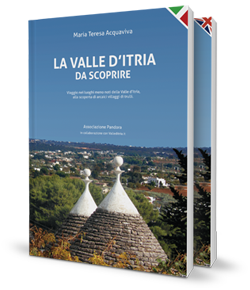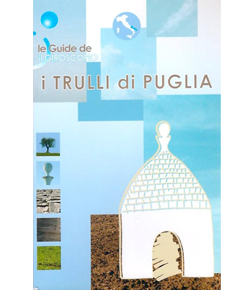Text translated by Google translate.
A trip to the most Mediterranean city of the Valle d’Itria.
It could happen by visiting the historic center of Ostuni to get confused and believe for a few moments to be elsewhere in the Mediterranean, for example in some Aegean island. The colors are the same: the white of the houses, the blue of the sky and the sea and, in the surrounding countryside, the green of the ancient olive trees. Ostuni among all the stone cities of the Murgia dei Trulli is the one in which the streets look like tunnels dug in the rock, because from the rock rise the houses with the external stairs not built but modeled in stone. An inextricable intertwining of narrow streets, long passage arches, steep ups and downs, fountains and terraces that create a wonderful architectural puzzle that enchants the visitor.
If you come from the sea, the ancient town appears lying on the hills, with the houses distributed on several levels and on the top the mass of the former Cathedral, dedicated to the Assumption, with its golden stone that clearly stands out on the white diffused candor. The atmosphere inside the ancient city is enhanced by the refinement of the many noble palaces, with baroque and rococo sculptural decorations, in memory of centuries of economic prosperity of the city, followed by moments of economic difficulty.
From an agricultural and craft center of the post-war period, Ostuni has been a tourist lighthouse in the Brindisi area for a few years. No wonder in a land that can offer everything: marine and archaeological parks, rock villages in the lame, fortified farms with interesting hypogeic oil mills, the wonderful old town, traditional cuisine, popular traditions and solemn religious ceremonies, such as the Cavalcata di sant'Oronzo, protector of the city. In the summer every evening the squares are a stage for shows of various kinds until late at night. And if after the night you are quite awake it is better not to get lost, from one of the many natural views of the ancient city, the spectacle of dawn that lights up the horizon before the sun comes out of the Adriatic Sea.










